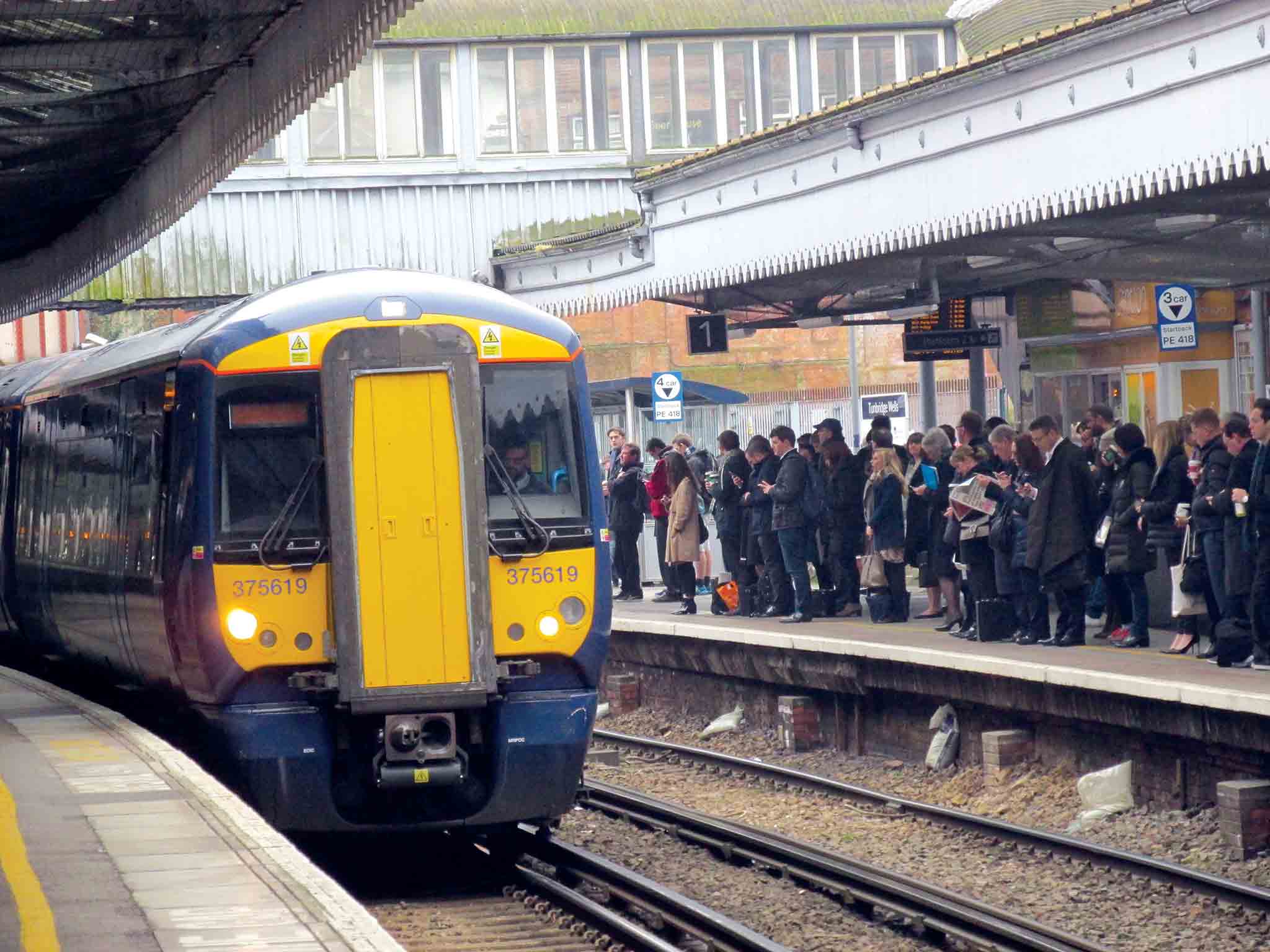Andrew Sharp is an experienced freelance Political, Communications and Organisational Adviser, having practised in Political Management for 39 years.
He has studied law and political party funding at King’s College London and business administration at the University of Essex.
The Times also publishes regular opinions from Conservative and Liberal Democrat Party members
Should the railways be nationalised? This is one of the policies that has come to the forefront of the Labour leadership contest in recent weeks. Even in Tunbridge Wells and other parts of West Kent and East Sussex, as areas which rely on rail services the issue of standards is never far away.
Here in Tunbridge Wells, passengers, or ‘customers’ as we are now known, have shared many frustrating moments on a regular basis when our local rail services have on some occasions failed to deliver.
It has got so bad that there are reports of a local group of commuters who have got together to look at setting up a ‘not for profit’ organisation to make a bid for the South East Rail franchise when it comes up for renewal in 2018.
Customer satisfaction over the past few years has put Southeastern services near the bottom of the league and in 2016, according to a BBC report: “Southeastern was the joint worst performing operator with an overall satisfaction score of just 46 per cent.
“Overcrowding, poor value for money and dirty trains were among issues raised by a poll of 6,986 travellers, in a survey by consumer group Which?”
But is public ownership the answer? Well, it’s already happening in parts. Southeastern suburban services in London will be taken over by the publicly-owned Transport for London (TFL). On two occasions in the last ten years, the East Coast Mainline has been run by the Department for Transport after the private operating companies handed back the keys to the franchise. So if it can be done efficiently and effectively, then why can’t it happen again – and if so, would it be any better?
Nationalisation of the rail system in 1948 was a practical measure to keep the railways going. The system was completely worn out. Nearly six years of war, the task of rebuilding Britain and the dramatic change of transport mode that was to follow from rail to road eventually led to the closure of many lines from Tonbridge or Tunbridge Wells to Hawkhurst, Eastbourne, Brighton and eventually, in 1985, the Tunbridge Wells West line.
But for places like Tunbridge Wells and West Kent, having good roads is never going to be enough as car numbers and the demand for rail travel increase. Good rail links to London, Sussex and other parts of Kent are an important part of our transport infrastructure, and absolutely vital to our local economy.
The Labour Government from 1997 reformed rail services by massively investing in infrastructure and seeking to get the best out of transport providers from both private and public sectors.
Its aim was to deliver better services, increasing capacity and growing passenger numbers, which by and large had been achieved before leaving office in 2010.
In more recent times, as rail subsidies have decreased, fare prices have risen combined with slower growth in the economy and smaller pay packets in real terms. The public, and particularly the users of rail services, are becoming increasingly impatient with the current state of affairs, and none more so than those of us in Tunbridge Wells and West Kent/East Sussex.
Here in Tunbridge Wells, as no doubt in other places, passengers want a service that is safe, clean, comfortable, fast, reliable, timely and affordable. As a public service it needs to cater for those getting to and from work and for all other purposes that people need to go about their daily business. It is possible that the right model of a devolved form of public ownership of the railways could be better for Kent and Sussex.








